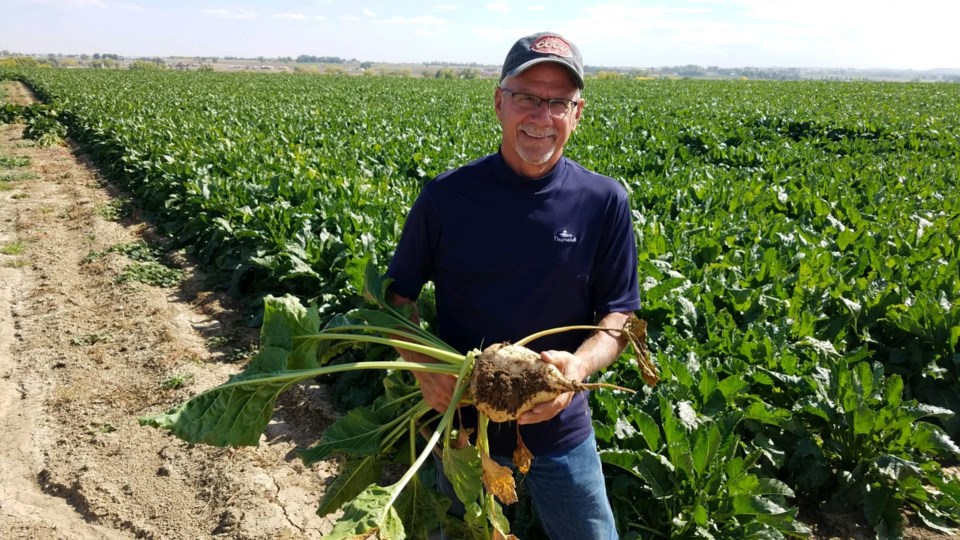Farmers using Boulder County parcels are about to change the way they farm due to recent changes in the county’s cropland policies.
Beginning Dec. 31, farmers in Boulder County are no longer able to use neonicotinoid pesticides, or neonics, on their crops, with one exception, sugar beets.
Neonicotinoid pesticides protect sugar beets — one of Longmont’s oldest crops — from being consumed by the ravenous beet leafhopper.
While the pesticide spares sugar beets, it can harm native and beneficial pollinators such as bees, Mike Foster, Boulder County’s agricultural resource manager, told the Leader in October.
There are alternative pesticides on the market that farmers could use to keep the leafhopper away, however, according to Rebecca Larson, vice president/chief scientist for Western Sugar Cooperative, these pesticides need to be applied more heavily and more often, however, are prone to resistance development and are less effective.
In November, the Boulder County Commissioners voted to phase out the powerful pesticide but agreed to allow sugar beet farmers to use one version of the neonicotinoid pesticide.
The commissioners also agreed that under rare and extreme circumstances, farmers can use neonics, Matt Jones, the board chair, said. If crops are “under extreme pressure” the county can grant a one-time exemption, he said.
Commissioners also agreed to continue to allow previously approved genetically engineered (GE) corn and sugar beet crops to be grown on county open space. However, “any proposed GE crops must undergo a rigorous review process by (the county) before being allowed on county-owned agriculture land,” the policy states.



